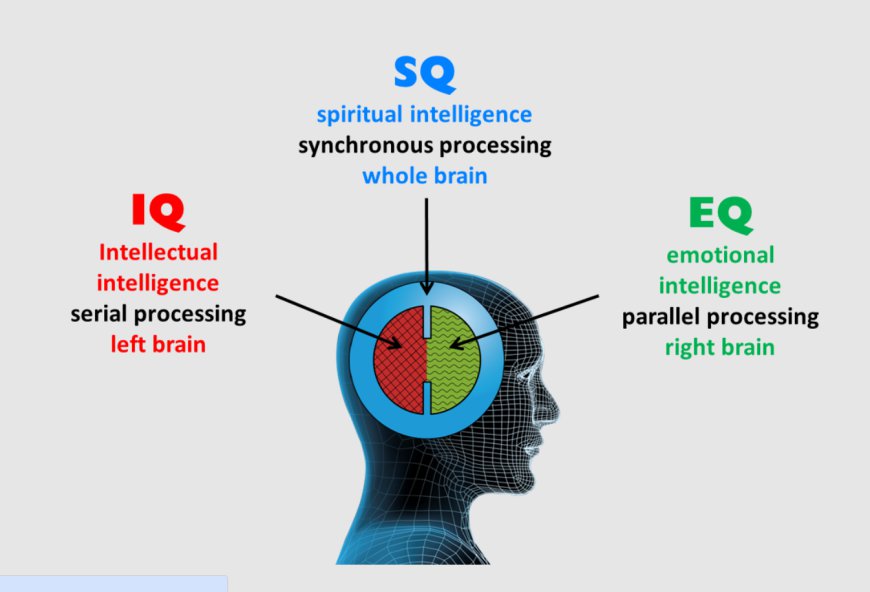What is Emotional Quotient: Understanding the Importance of EQ
What is Emotional Quotient

What is Emotional quotient?, Emotional quotient often referred to as EQ, is a crucial aspect of one's emotional intelligence. It is the ability to understand and manage one's own emotions, as well as being able to recognize and empathize with the emotions of others. In today's fast-paced world, where relationships and communication play a key role in success, having a high emotional quotient can be a significant advantage.
The Basics of Emotional Quotient
Emotional quotient is a measure of an individual's emotional intelligence, which is the capacity to be aware of, control, and express one's emotions, and to handle interpersonal relationships judiciously and empathetically. Unlike IQ, which primarily measures cognitive abilities, EQ focuses on emotions and how they impact our daily lives.
In simple terms, emotional quotient can be broken down into five key components:
- Self-awareness: The ability to recognize and understand your own emotions.
- Self-regulation: The capacity to manage and control your emotions effectively.
- Motivation: The drive to achieve personal and professional goals.
- Empathy: The skill to understand and relate to the emotions of others.
- Social skills: The ability to build and maintain relationships with others.
Having a high emotional quotient enables individuals to navigate social complexities, communicate effectively, and handle stress in a positive manner. It also plays a vital role in leadership, as individuals with high EQ are often better at inspiring and influencing others.
Why is Emotional Quotient Important?
In today's highly interconnected world, where teamwork and collaboration are essential in almost every field, having a high emotional quotient can give you a significant edge. Here are some reasons why emotional quotient is crucial:
- Better relationships: Individuals with high EQ are better at understanding others' perspectives and forming strong interpersonal connections.
- Improved communication: A high emotional quotient enables individuals to communicate effectively and resolve conflicts peacefully.
- Enhanced decision-making: Emotional intelligence helps individuals make well-informed decisions by taking into account both logic and emotions.
- Increased resilience: Individuals with high EQ are better equipped to handle challenges and setbacks, bouncing back from adversity with more ease.
- Effective leadership: Leaders with high emotional intelligence are better at inspiring and motivating their team members, leading to increased productivity and job satisfaction.
How to Improve Your Emotional Quotient
If you want to enhance your emotional quotient, there are several strategies you can implement:
- Self-reflection: Take the time to reflect on your emotions and how they impact your behavior and relationships.
- Practice mindfulness: Engage in mindfulness practices such as meditation to increase self-awareness and emotional regulation.
- Develop empathy: Put yourself in others' shoes and try to understand their feelings and perspectives.
- Improve communication skills: Work on active listening and clear communication to avoid misunderstandings.
- Seek feedback: Ask for feedback from others to gain insights into how your emotions affect those around you.
In conclusion, emotional quotient plays a crucial role in personal and professional success. By understanding and improving your EQ, you can enhance your relationships, communication skills, and overall well-being. So, what are you waiting for? Start working on your emotional intelligence today!

 emmamark666
emmamark666